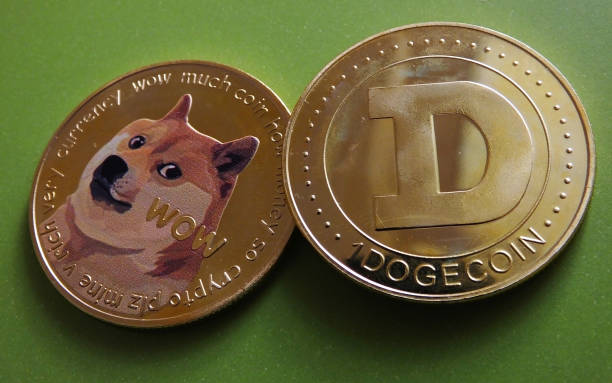It seems that the creator of the Avalon Bitcoin ASIC mining hardware has taken moves to secure a stock listing spot on the Hong Kong stock exchange. The company, usually known as Canaan, is seeking for $1 billion in IPO funding.
Canaan Creative, better known for their Avalon ASIC lineup in the cryptocurrency community, has just confirmed that they have a plan to facilitate a one billion dollar IPO.
For those who are unaware of what an IPO is, IPO stands for an initial public offering, which is essentially the traditional equity market’s version of a cryptocurrency-based ICO.
Bitcoin mining equipment maker Canaan files for $1 billion IPO in Hong Kong https://t.co/reYDofMRgn pic.twitter.com/3Hq5Cp2L7V
— Bloomberg (@business) May 16, 2018
This was not the first case of a public showing of Canaan’s ambitions to become listed on traditional equity markets as Canaan’s executives attempted to become listed on a Chinese OTC market called the New Third Board in 2016.
This announcement came after last week’s rumors of the possibility that Canaan would apply to become publicly listed in either the Hong Kong or American stock exchanges. Even though Canaan is based out of Hangzhou, a large Chinese city, anti-crypto and anti-mining regulation worries have made Canaan executives wary about listing their company on a Chinese-based exchange.
It is now clear that Canaan has now set their eyes on the Hong Kong exchange, submitting an application earlier yesterday. The application for public listing is supposedly coming with a few sponsors in the form of Morgan Stanley, Deutsche Bank AG, Credit Suisse Group AG, and CMB International Capital Ltd.

You will not need to wait long to buy the company on the public market as an anonymous source who is knowledgeable about Canaan’s IPO has said that the company plans to be available as soon as July, just two months away.
It may come as a surprise to some that Canaan’s ASIC lineup is actually the second largest in the Bitcoin mining world, only falling behind to Bitmain. A report from Sanford C. Bernstein & Co, made in February of this year, has shown that Canaan actually has control of over 15% of the Bitcoin mining market. This is a substantial amount of market penetration when looking at the nest egg Bitmain has created for itself.
When Bitmain began to come under fire from the community who suggested that Bitmain monopolizes and centralizes mining, many Bitmain critics looked to Avalon to rise up and reclaim some market share. However, Canaan has still been slow to release any new ASICs, especially those who run on alternate algorithms, like the ones Bitmain has been moving towards.
Despite this, the ASIC manufacturer still produced over $205 million USD in revenue last year and ended up with over $57 million in profits, six times over 2016’s profit figures. This impressive figure has only been derived from the sale of Bitcoin ASICs and related components, an amazing feat to say the least.

Could Canaan See Success in the Future?
Although a cryptocurrency-related endeavor being listed on public markets may be considered as good news, a vast majority of the cryptocurrency community sees ASICs as a threat to the centralization of blockchains. Many would love to see the downfall of all ASIC companies, no matter how beneficial they may be for public perception of the cryptocurrency industry. It is unclear at this time whether this negative public sentiment will have any effect on the stock if it becomes publicly listed.
Maybe Canaan is preparing for a paradigm shift in the use of ASICs in the cryptocurrency community. This being shown through Canaan’s shifting business perspectives as they have begun growing their involvement into looking at creating computer chips for artificial intelligence processes.
Technology hasn’t slowed down, and the arrival of AI and deep learning technologies seems imminent in the daily lives of people across the world.
But then again, so does the arrival of cryptocurrencies and related technologies, whether Canaan or Bitmain is here to stay or not.
Do you think that Canaan’s possible listing on the Hong Kong exchange will prove successful for the company? Do you think it is a good move for a company based on decentralized technologies to become listed on centralized exchanges? Let us know in the comments below.
Images Courtesy of Twitter/@business, Canaan Creative, Shutterstock, and Bitcoinist archives.








